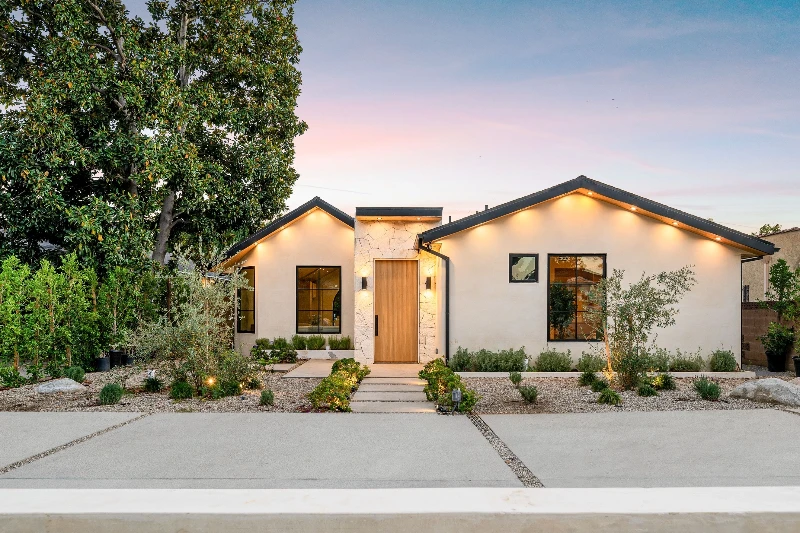Understanding the Underwriting Process Underwriting is often the most misunderstood part of the mortgage process…
How to Budget When Purchasing Your First Home
Buying your first home is an exciting milestone—but it can also feel overwhelming, especially when it comes to managing the finances. Between saving for a down payment, covering closing costs, and preparing for ongoing expenses, it’s essential to have a solid budget in place. Here’s a step-by-step guide to help you budget wisely for your first home.
1. Determine How Much You Can Afford
Before you start shopping for houses, you need to know your price range. A common rule of thumb is that your monthly housing costs—including mortgage, property taxes, and insurance—shouldn’t exceed 28–30% of your gross monthly income. Lenders will also consider your debt-to-income ratio, so be mindful of your existing monthly obligations.
2. Save for Your Down Payment
The more you put down, the less you’ll borrow—and the smaller your monthly payment will be. While some programs allow as little as 3% down, aiming for at least 10–20% can help you secure better interest rates and avoid private mortgage insurance (PMI). Start saving early by setting aside a fixed amount each month in a separate, dedicated account.
3. Budget for Closing Costs
Closing costs typically range from 2% to 5% of the purchase price and can include appraisal fees, title insurance, lender fees, and more. For example, on a $300,000 home, closing costs could range from $6,000 to $15,000. Plan for these expenses in advance so you’re not caught off guard.
4. Prepare for Ongoing Homeownership Costs
Your budget shouldn’t stop at the purchase. You’ll also need to account for:
-
Property taxes (which may increase over time)
-
Homeowners insurance
-
Utilities (often higher than in rentals)
-
Maintenance and repairs (a good rule is to set aside 1–3% of your home’s value each year)
5. Keep an Emergency Fund
Unexpected expenses—like a leaky roof, a broken AC unit, or a sudden job change—can put financial strain on homeowners. An emergency fund with 3–6 months of living expenses is a must-have safety net.
6. Get Pre-Approved Before You Shop
A mortgage pre-approval helps you understand exactly how much you can borrow and makes your offer stronger when you find the right home. It also keeps your budget grounded and prevents you from falling in love with a property you can’t comfortably afford.
Final Thoughts
Budgeting for your first home isn’t just about affording the purchase—it’s about preparing for long-term financial stability. By setting a clear budget, saving strategically, and planning for both upfront and ongoing expenses, you can enjoy your new home with confidence and peace of mind.





